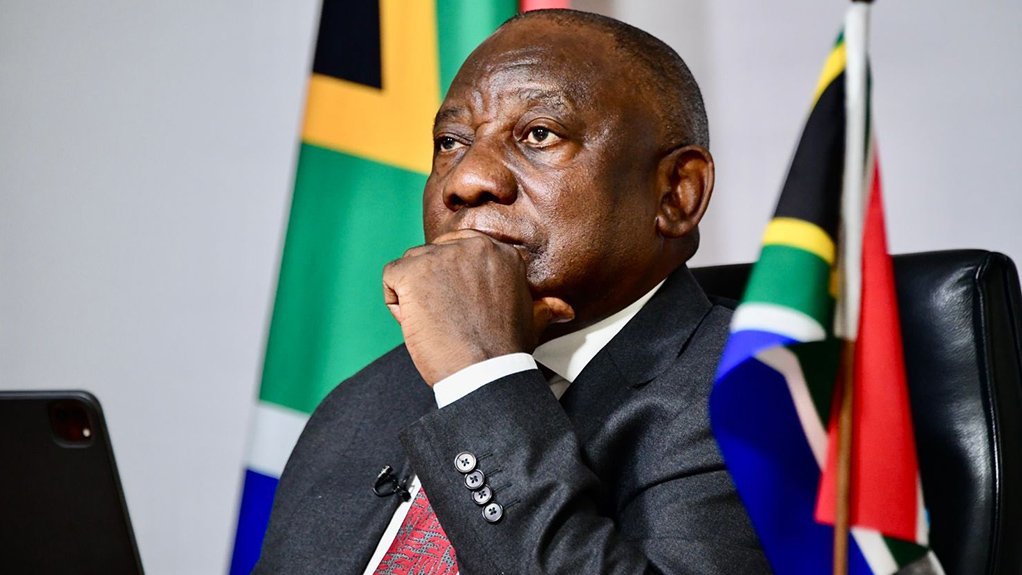President Cyril Ramaphosa noted on Monday that Eskom, under the leadership of its new Group CEO, is finalising an agreement with business to deploy additional independent skilled experts to support the ailing power utility.
Eskom CEO Dan Marokane assumed office on Friday. Eskom has been without a CEO since February last year, after the early departure of André de Ruyter.
Ramaphosa wrote in his weekly letter to the nation that the partnership between government and business was established in June, last year, to tackle the electricity supply crisis, the severe challenges in freight rail and port operations, and crime and corruption.
He noted that while the partnership has been focused on specific immediate actions, the broader work to grow the economy and create jobs draws on the contributions and capabilities of all social partners and stakeholders.
He said the partnership is working to increase electricity generation capacity from different sources by up to 10 600 MW, which will enable a significant reduction in the severity of loadshedding by the end of the year.
This, he said, included improved Eskom plant performance, additional private investment in rooftop solar and large-scale power projects, and connecting projects from previous renewable energy bid windows to the grid.
He highlighted that since November 2023, loadshedding is 61% lower than the same period a year ago.
“Among other things, this has been made possible by the return of units at Kusile power station and the impact of new generation capacity from rooftop solar and private sector investment,” he explained.
Since the partnership began, he said the private sector has contributed more than R170-million of direct support and has mobilised over 350 technical experts across the three areas.
More than 130 CEOs of the country’s leading companies have pledged their support, he added.
Meanwhile, he explained that following the recent appointment of permanent executive leadership, Transnet is focused on rebuilding internal capacity and drawing on these private sector technical resources to restore the operational performance of strategic rail corridors.
CRIME AND CORRUPTION
Ramaphosa also highlighted that steady progress has been made in tackling crime and corruption, saying through the Joint Initiative on Crime and Corruption, the private sector is providing business information and resources to assist with the fight against infrastructure crime.
Support has also been provided to modernise the 10111 police helpline, with a pilot project initiated at the main call centre in Midrand, and the establishment of a forensics analysis centre with the Hawks.
Ramaphosa highlighted that an important part of the work to tackle crime and corruption will be the National Prosecuting Authority (NPA) Amendment Bill, which he said will strengthen the independence and investigating capacity of the NPA.
He explained that the Bill will also enable the establishment of additional infrastructure to support the Investigating Directorate as a permanent entity, including a dedicated forensics laboratory.
Ramaphosa noted that a key focus of the partnership is to secure South Africa’s removal from the Financial Action Task Force grey list by at least June 2025.
“As we work to rebuild our economy, we will strive to deepen these partnerships and to reach out to all South Africans to be involved in these efforts. By broadening the involvement of all social partners in this work, we will continue to build durable social compacts that make a real difference in people’s lives,” he said.
EMAIL THIS ARTICLE SAVE THIS ARTICLE ARTICLE ENQUIRY
To subscribe email subscriptions@creamermedia.co.za or click here
To advertise email advertising@creamermedia.co.za or click here











